Photo by: Michael Goderre, Boston Childrens Hospital
Bringing climate solutions to the bedside.
When Hurricane Maria made landfall on Puerto Rico it devastated the island but also caused national shortages of intravenous saline, a backbone of basic medical care when the supply chain was put out of commission.
Hurricanes, wildfires, extreme heat, and other consequences of burning fossil fuels and climate change don’t just threaten our health, they threaten the ability of medical providers to deliver care to all those who need it.
It’s essential that health care providers understand how climate change could impact their clinical practice, be empowered to safeguard their patients’ health, and use their voices to engage the health care community and public to act on climate change.
Harvard Chan C-CHANGE runs Climate MD, a program focused on:
- Working with community health clinics
- Demonstrating climate impacts to health care delivery in medical journals
- Preparing medical leaders on climate and health
- Changing the national media narrative on climate change
- Communicating directly with patients
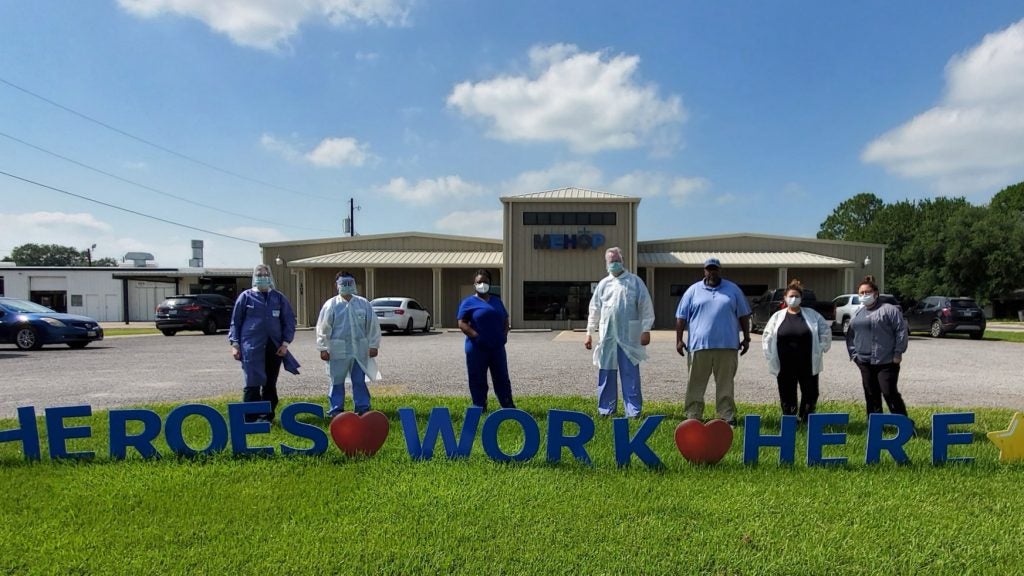
Working with frontline health clinics
We are working with frontline health clinics to protect patients’ health from climate shocks like heatwaves, hurricanes, flooding, and wildfires. Our programs work with clinic providers, staff, and patients to prevent harm from the climate crisis and improve health equity.
Learn about patient-centered climate resilience and our work with frontline health clinics.
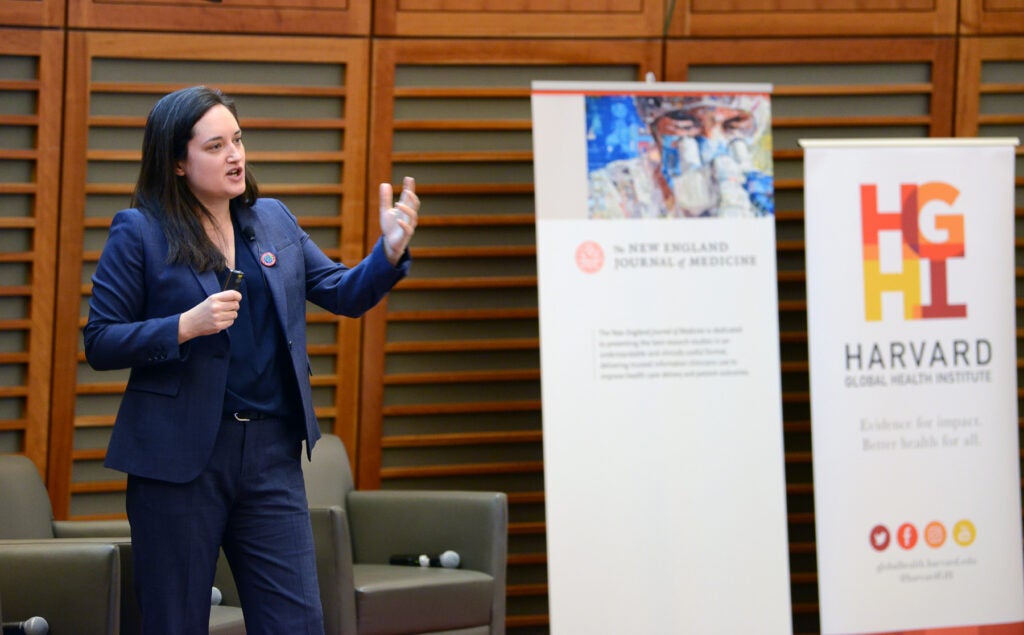
Demonstrating climate impacts to healthcare delivery in medical journals
We reach health care professionals by publishing and amplifying research on patient-centered climate action, leading the yearly analysis tracking the impact of climate change on human health in the U.S. Policy Brief for the Lancet Countdown, and demonstrating the connections between climate change and pediatrics, climate-informed primary care, psychology, emergency medicine, surgery, internal medicine, cancer, pulmonology, infectious diseases, and more.
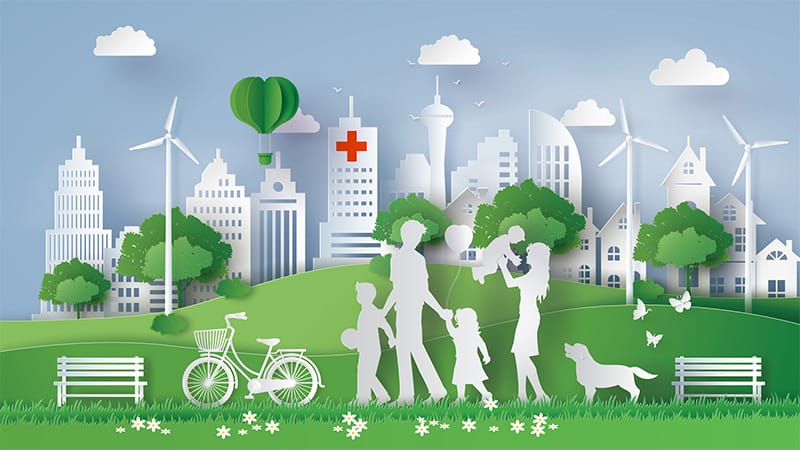
Preparing medical leaders on climate and health
Our team co-hosts the Health Effects of Climate Change, a massive open online course that has been taken by more than 100,000 students in over 100 countries, Harvard University’s Climate Change and Health Fellows for emergency medicine physicians, and the Climate Health Organizing Fellows program for U.S. health professionals.
We work with medical schools to integrate climate change into curricula using clinical cases and targeted curriculum, outlining the first residency curricula to better prepare doctors for climate change and identifying climate and health initiatives at educational institutions.
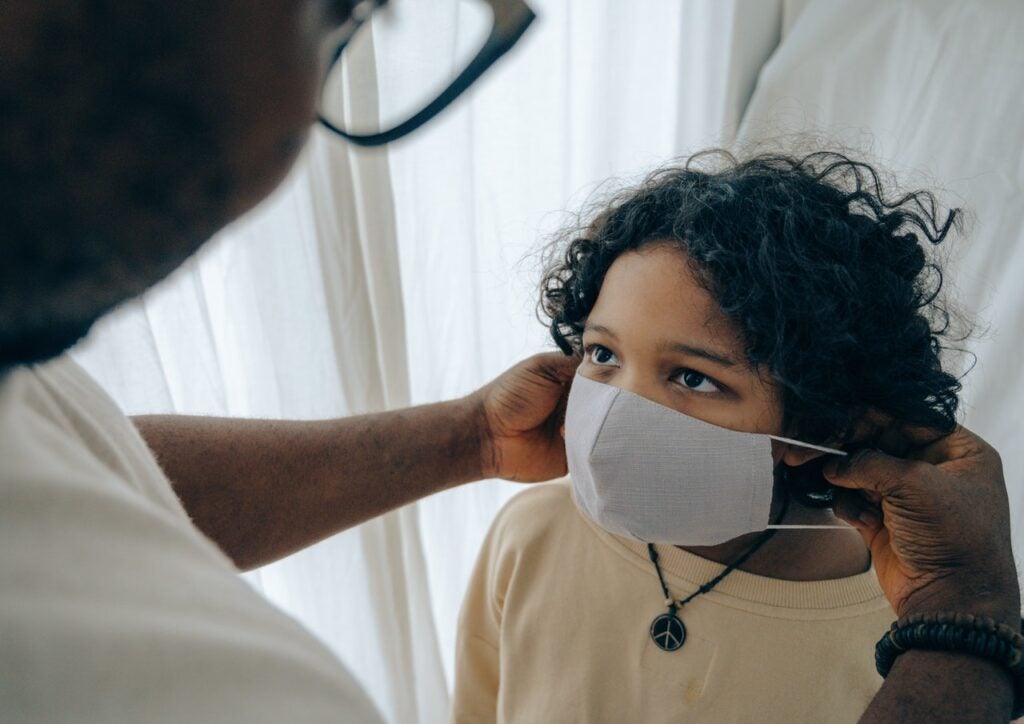
Changing the national media narrative on climate change
We serve as the media’s go-to source for climate change and health information, regularly interviewing with top-tier national and health media and hosting workshops and media trainings for organizations on how to effectively communicate about climate and health issues.

Communicating directly with patients
We regularly publish information about how people can stay healthy in a changing climate through serving on the boards of Parents Magazine and Pattrn from The Weather Channel, our collaborations with the Harvard Health Letter, one of the most trusted and widely-read sources of health information in the world, our fact sheets on kids and climate, and our monthly Climate Optimist newsletter.

Preterm and early-term birth, heat waves, and our changing climate
Heat waves pose an escalating threat to human health in general and the health of pregnant people and infants in particular.

Harvard Medical School’s New Climate Change Curriculum Shows Early Success
New report details how Harvard Medical School developed, implemented, and evaluated its curriculum to prepare healthcare professionals for climate change.

Toward a Climate-Ready Health Care System: Institutional Motivators and Workforce Engagement
Dr. Caleb Dresser argues that health care systems must reframe incentives and engage their workforce to become climate-resilient.

Study: Teaching community organizing principles to health professionals significantly increases their capacity to take climate action

Federal investments in climate change and health research are inadequate says Harvard analysis
Critical knowledge gaps hinder an evidence-based response and are perpetuated by scarce federal research funds.

Hundreds of Hospitals on Atlantic and Gulf Coasts at Risk of Flooding from Hurricanes
Our study is the first to systematically investigate flooding risk to nearly 700 U.S. hospitals on the Atlantic and Gulf Coasts from Category 1-4 storms.

Communicating Statistics on the Health Effects of Climate Change
Health professionals need to communicate the health and equity implications of climate change effectively to protect health and motivate action.

A Pediatrician’s Guide to Climate Change-Informed Primary Care
A practical approach for connecting climate change with health during pediatric well visits.

The medical response to climate change
Our Director Dr. Aaron Bernstein lays out five pillars for the medical response to climate change.

Adding A Climate Lens To Health Policy In The United States
Our Yerby Fellow Dr. Renee Salas and Interim Director Dr. Aaron Bernstein outline specific recommendations for achieving climate action through health policy and decision making.

Bringing climate change into medical school
Health professionals are on the frontlines of climate change. Dr. Gaurab Basu, z global leader in medical education, describes how to ensure they are prepared.
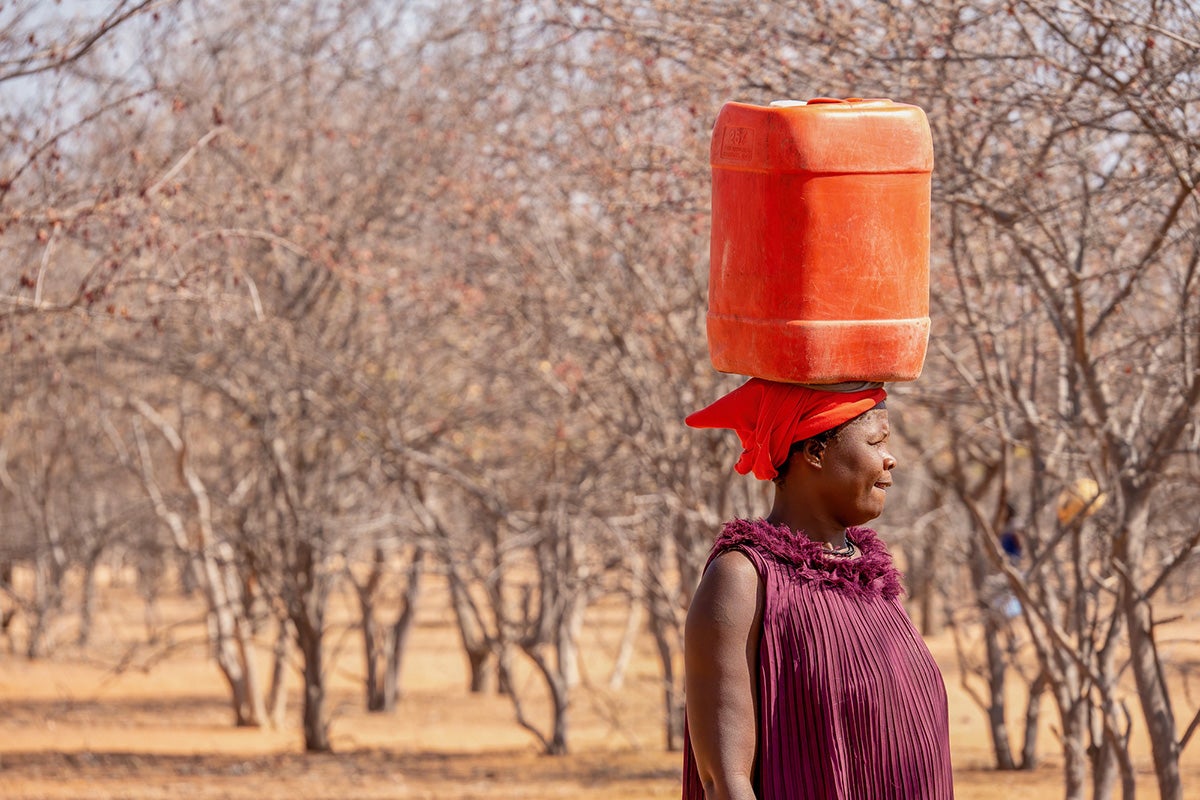
Understanding the mental health consequences of chronic climate change
Research is needed to understand the mechanisms through which slower-moving aspects of climate change such as temperature variability, ecosystem shifts, and changes in precipitation affect mental health.

Young doctors are at COP28, and they've got a message for world leaders
Our climate and health fellow Tess Wiskel says the climate crisis is a health crisis, but COP28 ushered in hope: "The sheer number of talks on health is extraordinary," she said.

From rapid cooling body bags to ‘prescriptions’ for AC, doctors prepare for a future of extreme heat
Drs. Basu and Dresser share our extreme heat toolkit and heat alert system to protect patients' health during extreme heat.

Heat toolkit helps doctors and patients deal with temperature-related health risks
Our heat toolkit is helping doctors and patients deal with temperature-related health risks.
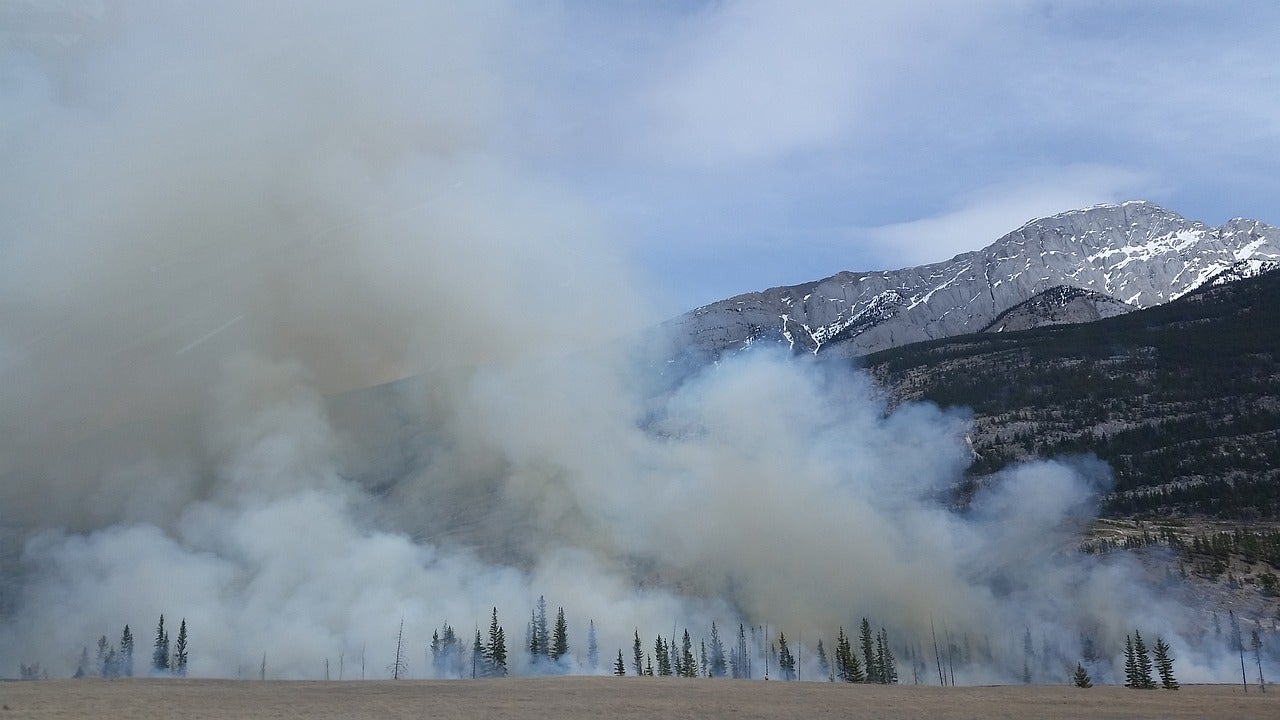
How smoke blanketing Northeast from Canadian wildfires can impact our mental health
Doctors see an increase in anxiety and depression as people experience the trauma of wildfire smoke.
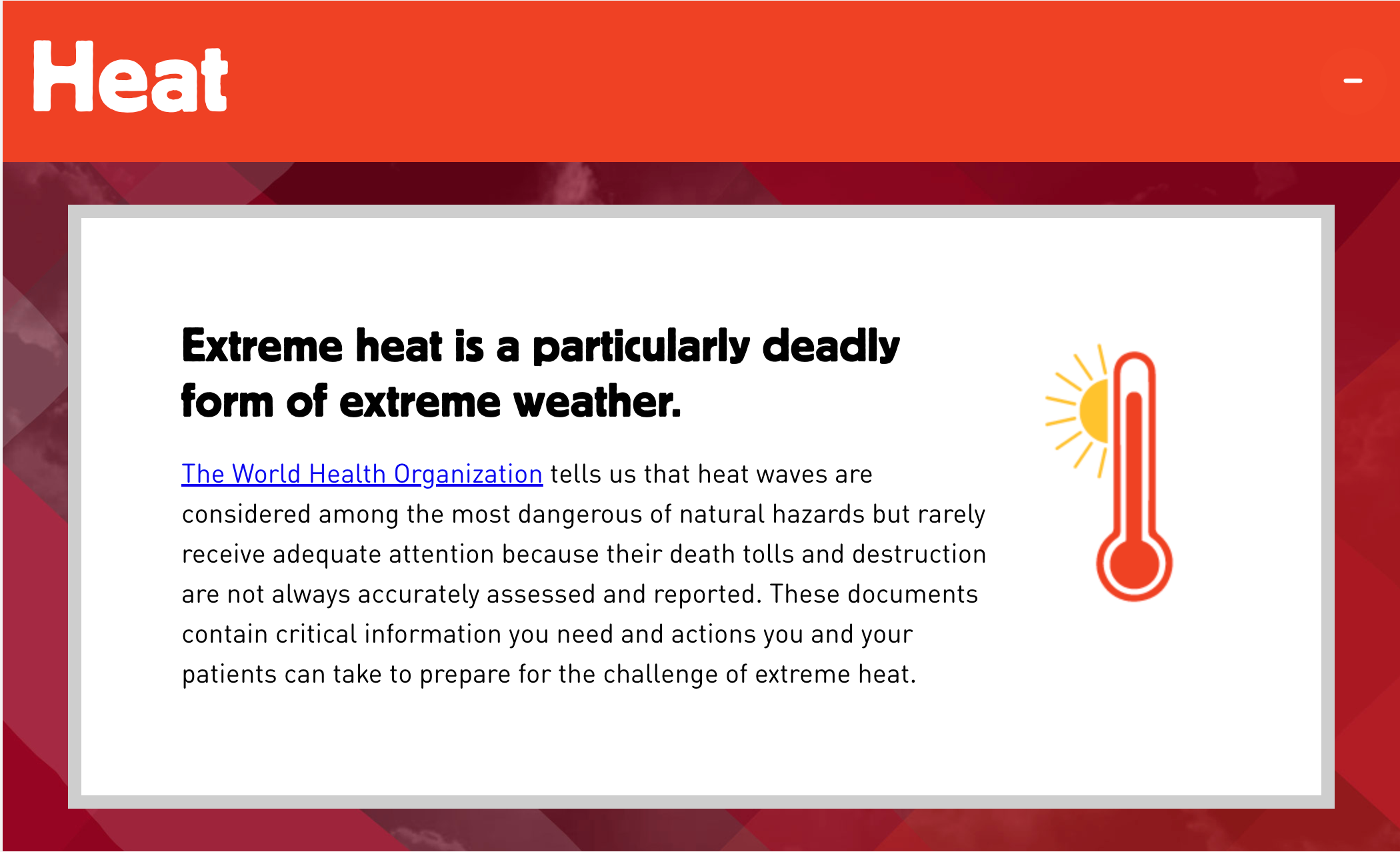
How Extreme Heat Causes Cascading Crises
Our Climate Resilience for Frontline Clinics Toolkit and heat alert system can help health clinics around the country prepare for extreme heat.
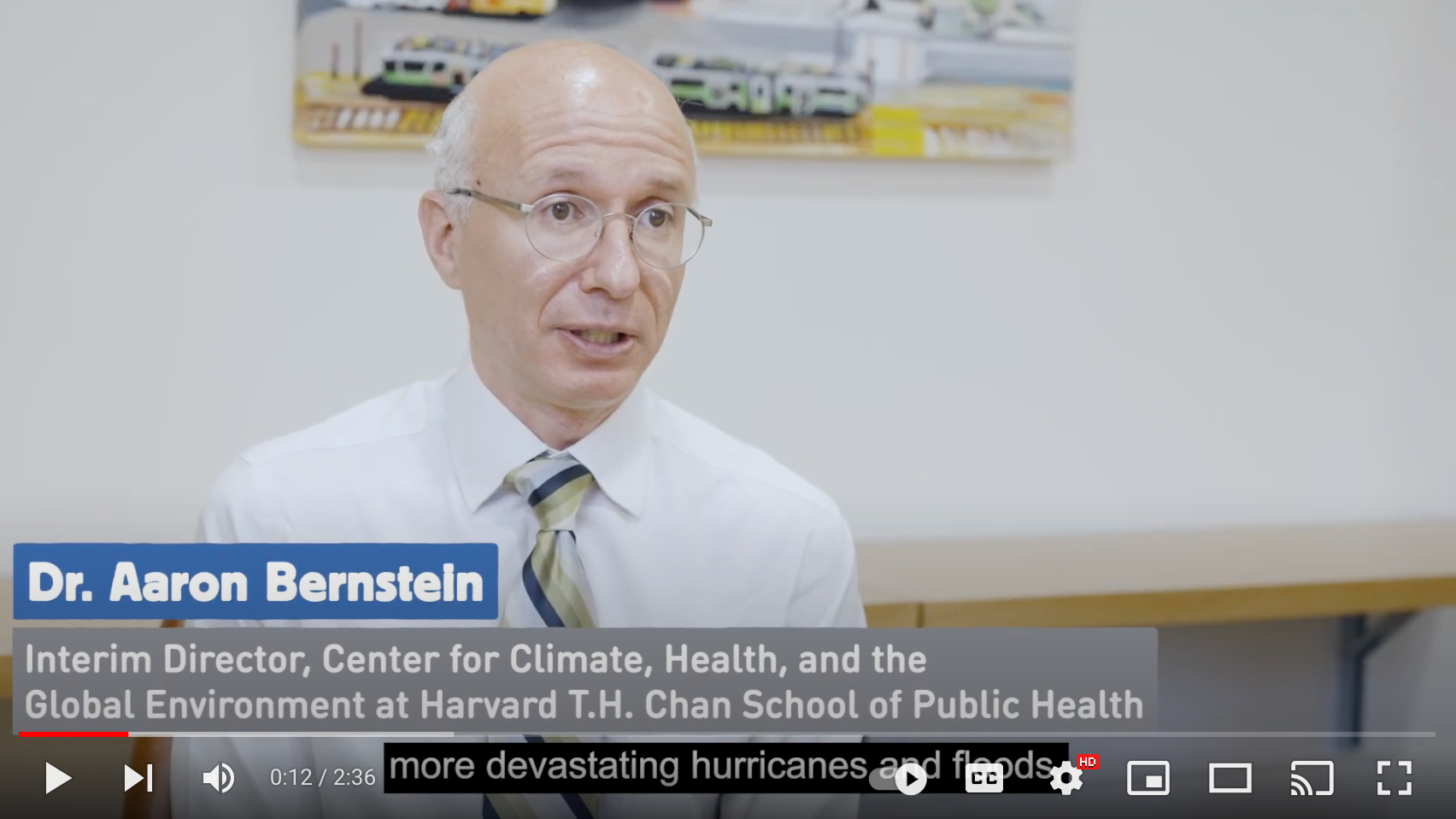
Climate Resilience for Frontline Clinics Video
In collaboration with Americares, we're working with clinics around the country to protect people most vulnerable to the impacts of extreme heat waves, flooding, hurricanes, and wildfires.

Preparing hospitals and health systems for climate change
Speaking to The Boston Globe, several experts from Harvard Chan School offered their perspectives on how hospitals and health systems will cope with continuing climate change and extreme weather events.
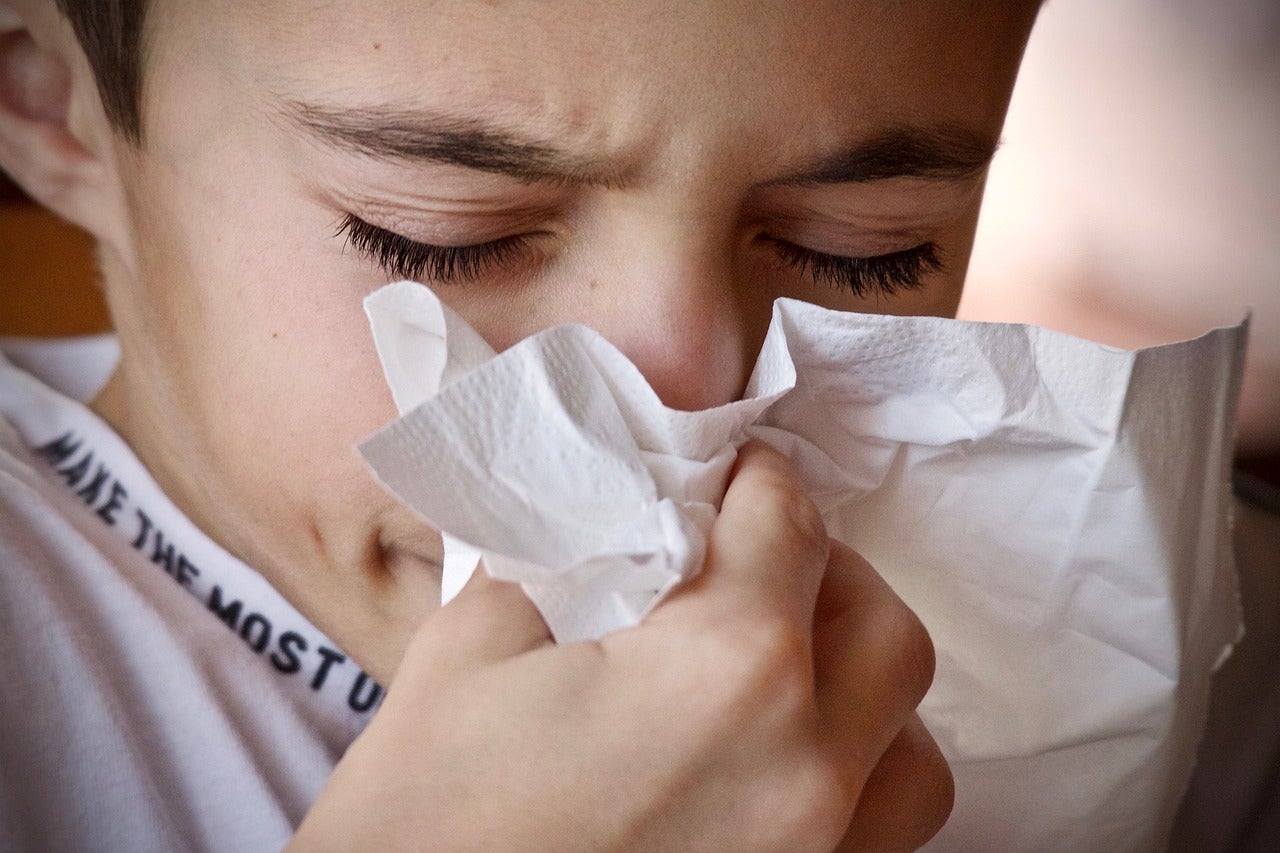
Sunny highs to shivering cold: Wild weather swings take a health toll
Check out what Drs. Aaron Bernstein and Gaurab Basu have to say about the health impacts of wild weather.

Renee N. Salas MD, MPH, MS
Renee's work focuses on the intersection of the climate crisis, health, and healthcare delivery.
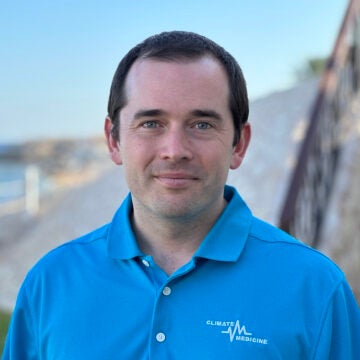
Caleb Dresser MD, MPH
Caleb is an emergency medicine physician whose research focuses on addressing health needs during and after climate-related disasters.
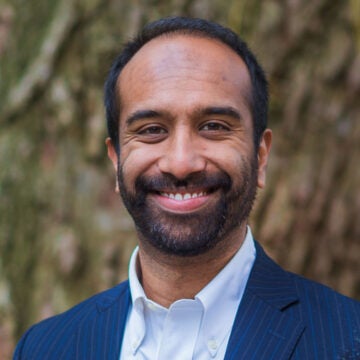
Gaurab Basu MD, MPH
Gaurab's work focuses on the intersection of climate change, health equity, medical education, and advocacy.
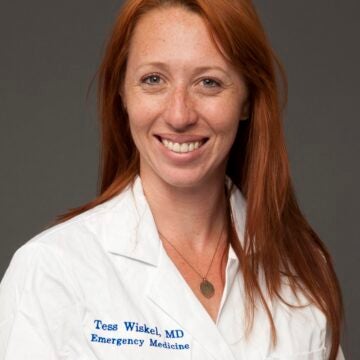
Tess Wiskel MD
Tess' research focuses on the health impacts of climate change, centering on extreme weather events in at-risk patient populations.
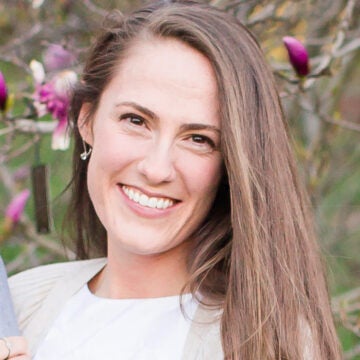
Chelsea Heberlein
Chelsea works with frontline health clinics, researchers, and collaborating organizations to put patients at the center of climate resilience.

Anna Miller MPH
Anna translates science into action by promoting awareness of the health impacts of climate change.

Sweta Waghela
Sweta works with frontline health clinics to prevent foreseeable harms from the climate crisis.
